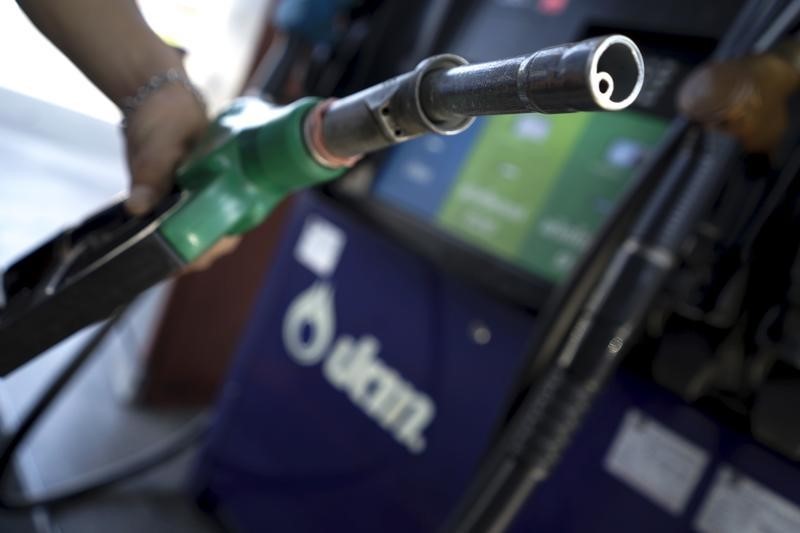By Yasin Ebrahim
Investing.com - Oil prices came under pressure Monday, unable to scale the wall of worry over the demand outlook at time when global growth appears to be slowing amid a renewed jump in Covid-19 infections.
On the New York Mercantile Exchange, U.S. crude futures fell $1.15 cents to settle at $67.29 a barrel, while on London's Intercontinental Exchange (NYSE:ICE), Brent fell 1.2% to trade at $69.72 a barrel.
China, the world's largest energy consumer, reported weaker-than-expected industrials and retail sales overnight Monday, stoking fears about the global recovery, and oil demand.
Growing doubts over the strength of demand were already front and center ahead of the data as the Delta variant of the coronavirus had triggered pandemic restrictions in China.
"In the short term, concerns about the spread of the Delta variant in China, and the effects this will have on oil demand, are continuing to weigh on prices," Commerzbank (DE:CBKG) said in a note. "These concerns were additionally fueled by data published overnight in China: industrial production turned out to be significantly softer than anticipated."
Some on Wall Street, however, continue to believe that oil prices will be supported as the outlook for global growth remains strong, and inventories will continue to decline.
Morgan Stanley (NYSE:MS) forecast Brent oil prices to be in the mid-to-high $70s for the rest of 2021, and still be supported well above $70 per barrel throughout 2022.
"That expectation is founded on our forecasts for strong global growth, a strong downward trend in global oil inventories, and an expectation that OPEC+ will continue to act to manage the oil market," it added.
Even as inventories are expected to decline, OPEC and its allies including Russia have faced calls from the White House to increase production even further to keep oil prices in check and support the global recovery.
In July, OPEC and its Russia-led oil-producing allies, OPEC+ struck an agreement to boost output by 400,000 barrels per day on a monthly basis starting August through the latter end of 2022 to restore the capacity they cut at the start of Covid-19 pandemic.
But major oil producing nations that are part of the production-cut accord aren't willing to heed those calls amid expectations that the planned production hikes will be enough to meet demand, Reuters reported Monday, citing unnamed sources.
